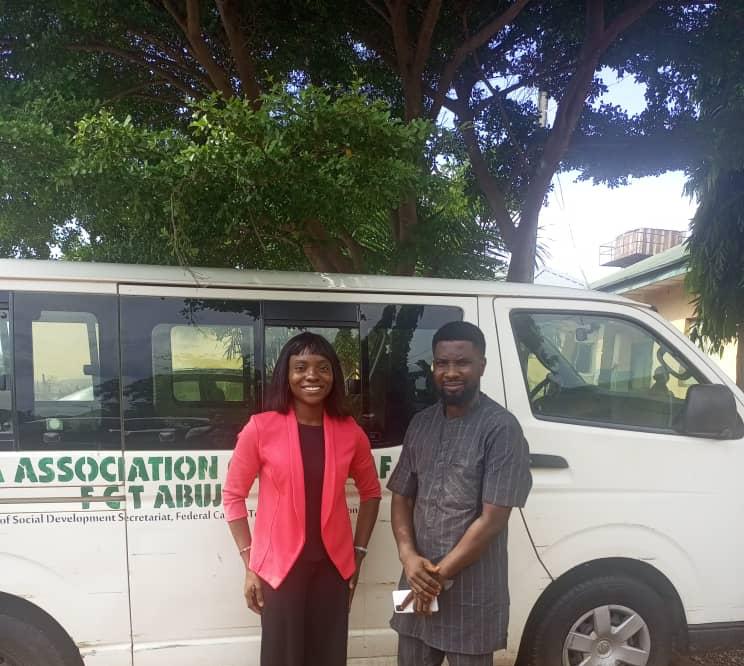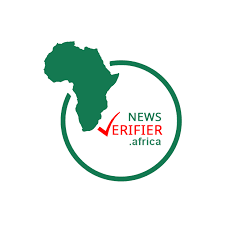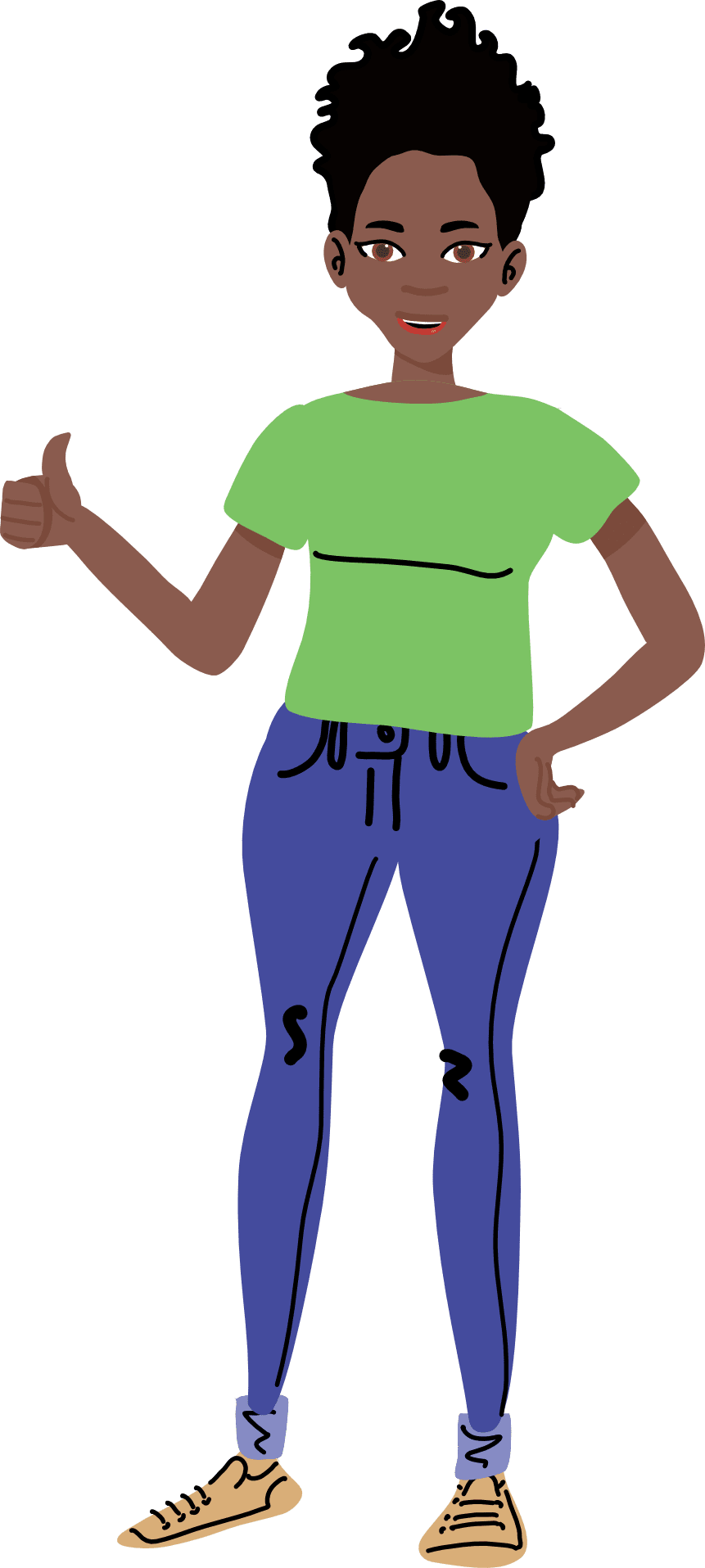Words by Kathryn Cleary
In Nigeria, the self-proclaimed “Queen of Fact-Checking”, Zainab Sanni, is on a mission with her colleagues at News Verifier Africa, to make accurate information about health accessible to everyone in their communities, especially persons with disabilities. The HJN spoke with Sanni, and colleague Olakunle Mohammed, about their innovative work to make news and fact-checks accessible.

Growing up, Sanni witnessed the harmful impacts of health misinformation first hand in her community and within her family. Her mother was diagnosed with diabetes while she was a child, and she watched as her mother fell victim to inaccurate claims about potential drugs and treatments promising cures. “I had always known I was going to be a journalist, but [this] sort of solidified where I would focus on as a journalist in the long term, and it was easy for me after becoming a journalist to begin to identify [health] misinformation,” she said.
During the COVID-19 pandemic, despite restrictions and health risks, Sanni continued to work as a journalist. She noticed that false information about COVID-19 was rampant on social media and community members lacked the resources and knowledge to verify the information that they were receiving.
“I also noticed that in my area, women [selling things at] markets, women, elderly people, were getting this wrong information, and they don’t even have access to what could be true or [not]. They just get the information that people come to share with them from social media and then they don’t have the access [or] the skills to be able to fact check these things themselves. I said, you know what, let me start [something that addresses this.]”
News Verifier Africa was born in May of 2020. While initially News Verifier Africa focussed on fact-checks about health, the team also verifies political and data-based claims.

Over the next two years, Sanni and her colleagues acquired funding which enabled them to produce a podcast, as well as a radio drama series about the pandemic and COVID-19 vaccines. The radio series also focussed on the dangerous impacts of sharing false or unverified information about vaccines. The highlight of this project, said Sanni, was being able to do it in Yoruba, a local language in Nigeria. “It helped to reach local communities, and we could see that afterwards.”
In the midst of this project, Sanni was approached by peers who were deaf, as well as peers with visual impairments. They applauded the work News Verifier was doing, but expressed concerns that they could not access the content, which made them feel marginalised.
“After hearing that conversation, Olakunle and I said we need to do something. We began to rethink how we distribute our fact checks. Yes, we are including the voices of these people in journalism. We’re including their stories, amplifying their voices, but does it really reach them? Do they have access to this content? Are they able to engage with this content?” said Sanni.
Kick-started in 2021, Facts Inclusive is News Verifier Africa’s flagship project on making fact checks available and accessible for persons with disabilities. This includes persons who have hearing and visual impairments, as well as those who are not literate. With the support from the International Centre for Journalists’ LEAP Innovation Lab in 2022, Mohammed and Sanni designed “Kudi”, an animated character that is able to sign if the fact is true, false or misleading. Kudi is included in video content that would enable deaf persons to engage with the content.
Check out a fact-checking video with Kudi below:
For those with visual impairments, Mohammed and Sanni redesigned their website so that all of the content was available in audio form. This accessibility feature made the website more inclusive and friendly for people with visual impairments, said Sanni.
Working with local community organisations in Nigeria, Mohammed and Sanni tested their innovations for Facts Inclusive, including the design and implementation of Kudi. While the feedback overall was very positive, community members expressed the need for all of the content in the fact-checking videos to be signed, especially for those that struggled with literacy.
Another tier of Facts Inclusive is empowering community members with the knowledge and skill set to be able to produce fact checks, or verify information independently, further addressing the impacts of health mis and disinformation. “One of our [long-term goals] is to have a fact checking sheet in braille that teaches blind persons how to fact check and how to spot mis and disinformation,” adds Sanni.
There is still a lot of work to be done, emphasised Sanni and Mohammed, but we have to take a pause until we get more resources. “Our long term goal is to expand [and] go beyond ourselves, begin to work with more newsrooms, teach them how to be inclusive in how they distribute news, support them with tools and resources to do this, and create [digital] products that would make it possible,” says Sanni.
Sanni and her team are open to collaborations globally with other projects, organisations or newsrooms interested in fact-checking as well as making their content and workspace more inclusive. Should you be interested in working with them, please email Sanni at [email protected]
